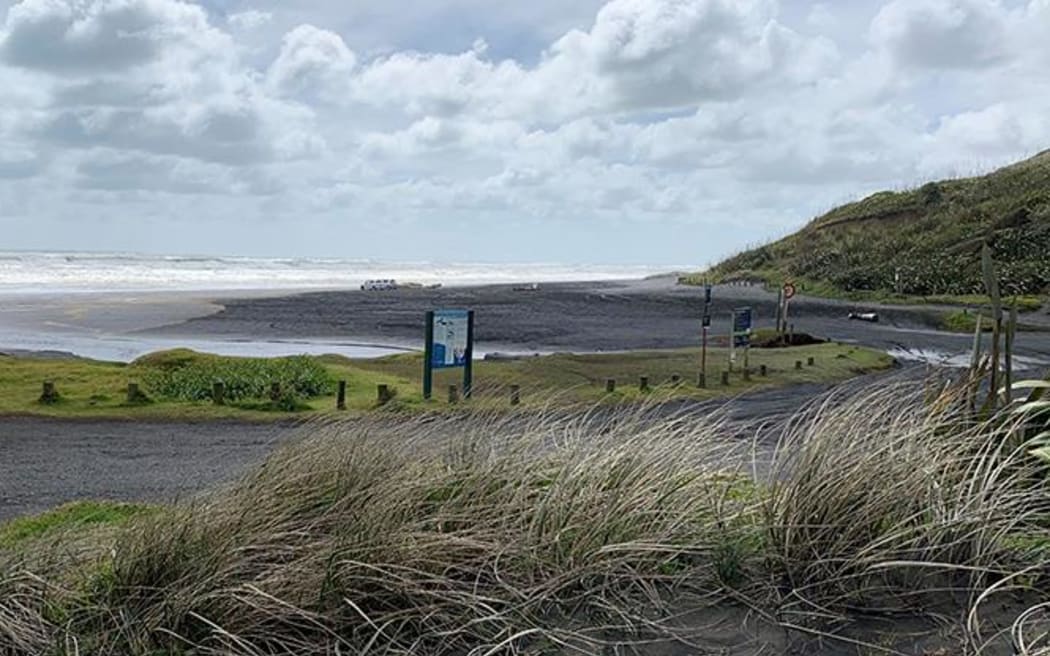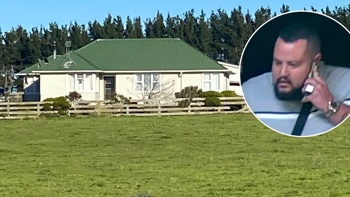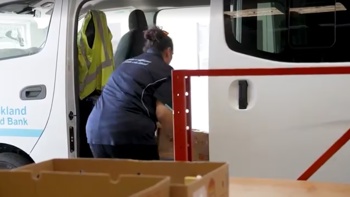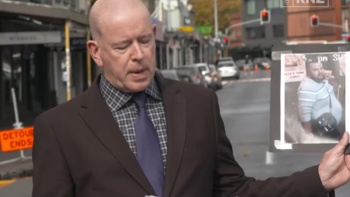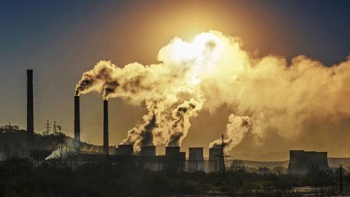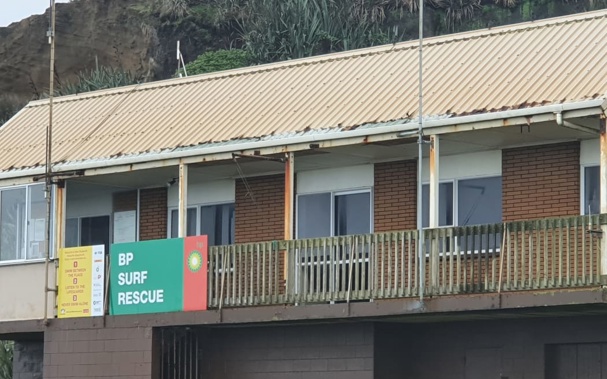
One of New Zealand's most dangerous beaches could soon be without surf life savers.
The surf lifesaving clubrooms at Karioitahi Beach on Auckland's west coast are in disrepair.
It is two million dollars short of its 7.5 million-dollar goal, needed to rebuild the clubrooms.
Karioitahi Beach is one of the most dangerous in Auckland -- and with a hazard rating of seven out of 10, it is in the country's top 10 most dangerous beaches.
Co-chair of the Kariaotahi Surf Life Saving Club building committee Jim Coe said the club rooms were almost uninhabitable.
"They are coming up 50 years old. They have been in an extreme marine environment and pretty much they are at a point now where they should have been condemned five years ago.
"We're still operating out of them as a bit of a storeroom, but the building in short, is shot. It's done its dash."
He said the club was at risk because without decent facilities, people were less likely to put their hands up to volunteer.
Karioitahi Beach is one of the most dangerous in Auckland. Photo: Auckland Council
"Our club members have been very, very obliging and been able to operate out of it, but what we lose is a hub that our younger members can congregate in.
"At this stage with the building slowly degrading we will lose that membership.
"Ultimately, if we don't have a surf patrol at Karioitahi then people's lives are at risk.
Coe said there will be a patrol this summer "come hell or highwater", but he feared fewer guards would return.
"There are a few of us who are diehards in the movement and we will maintain whatever needs to be maintained out there to make sure that people are safe. It just makes our job more difficult and becomes increasingly difficult as we move forward."
He said they had already lost 15 to 20 of their volunteers because of the state of the clubrooms.
Local businesses had made donations and the club had made submissions to many trusts and community grants.
The club had hoped for funding through the Cyclone Gabrielle Relief Fund.
"It's been unfortunate that we have received nothing from the government. We have been tapping on the doors of those who could make the decisions and we've had nothing back formally from them.
"We're just banging our heads as to where we can get that extra funding to help us across the line to be able to put something up there that will last another 50 years."
The clubrooms were built 50 years ago. Photo: Supplied
MP for Port Waikato Andrew Bayly was also concerned.
"I'm very worried that we might end up in a situation with no lifeguards positioned there and that would be a travesty for all the people in South Auckland who use that beach."
He said he had appealed to the government, with no luck.
"If the government can help, that would mean that would be the difference between the project succeeding and not.
"There's a lot of money being spent by this government on a lot of projects that people would question, but I think this is one of those projects that would contribute, looks after people who get into difficult when swimming but also the wider community benefits."
The government put $63 million into water safety initiatives in 2020 - the first time central government financially supported surf life saving clubs.
Minister for Community Sector and Volunteers Priyanca Radhakrishnan said the funding helped 18 surf lifesaving clubs with major repair and rebuilding projects.
Water Safety New Zealand chief executive Daniel Gerrard said more investment was needed.
"We need better venues that cater for the ability to do wider patrols, to do more of that coastline work, but you can't have one without the other so [it's] absolutely crucial that a purpose-built facility is there to serve its community and those people who come to that beach, who may not know how dangerous it can be.
Twenty-five percent of fatalities happened on New Zealand coastlines, but surf lifesaving patrols only covered about 2 percent of them
Gerrard said money should not just go to the status quo, but look at increasing the number of surf clubs, the ability for remote patrolling and the use of technology.
In the last 10 years, Surf Life Saving Kariaotahi had made 275 rescues, assisted more than 200 others, performed nearly 300 first aid interventions and conducted more than a hundred searches.
Surf Life Saving Kariaotahi has set up a Givealittle page to help achieve its goal.
Take your Radio, Podcasts and Music with you

